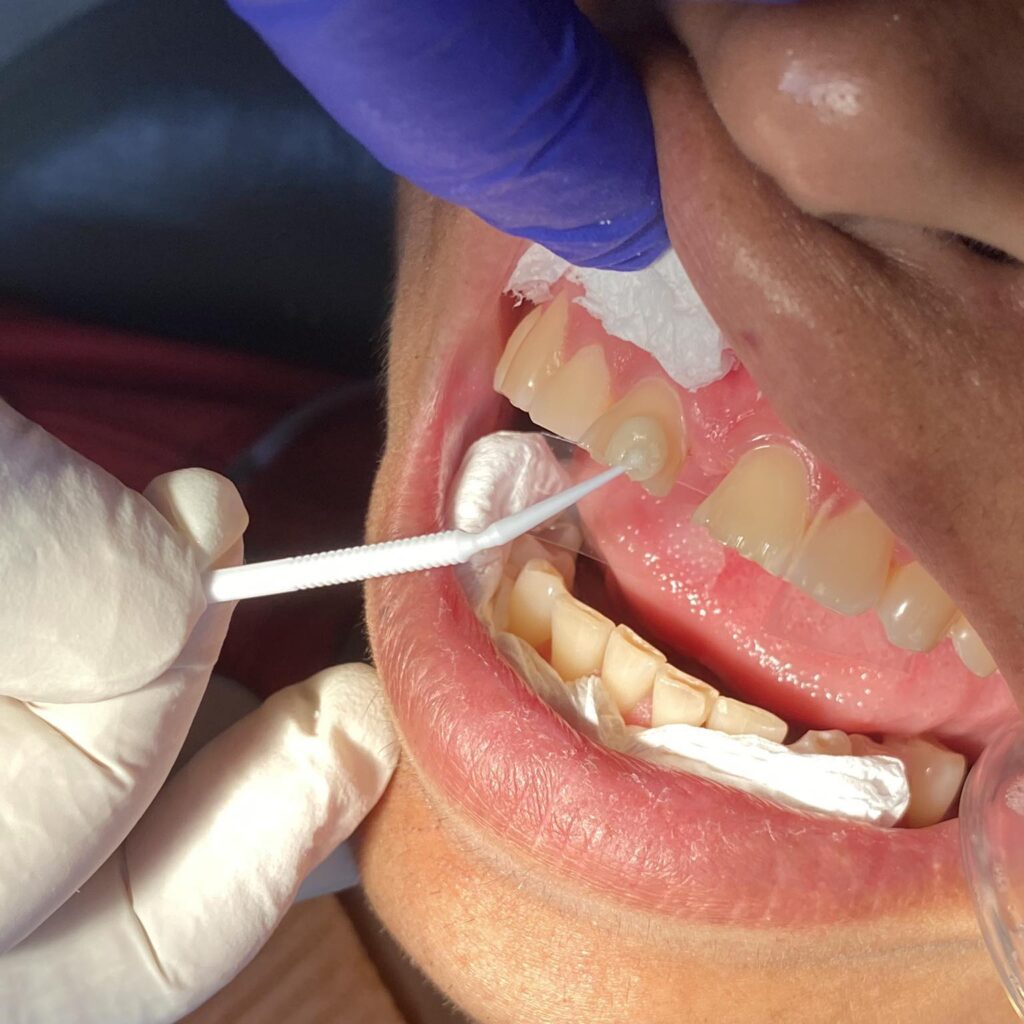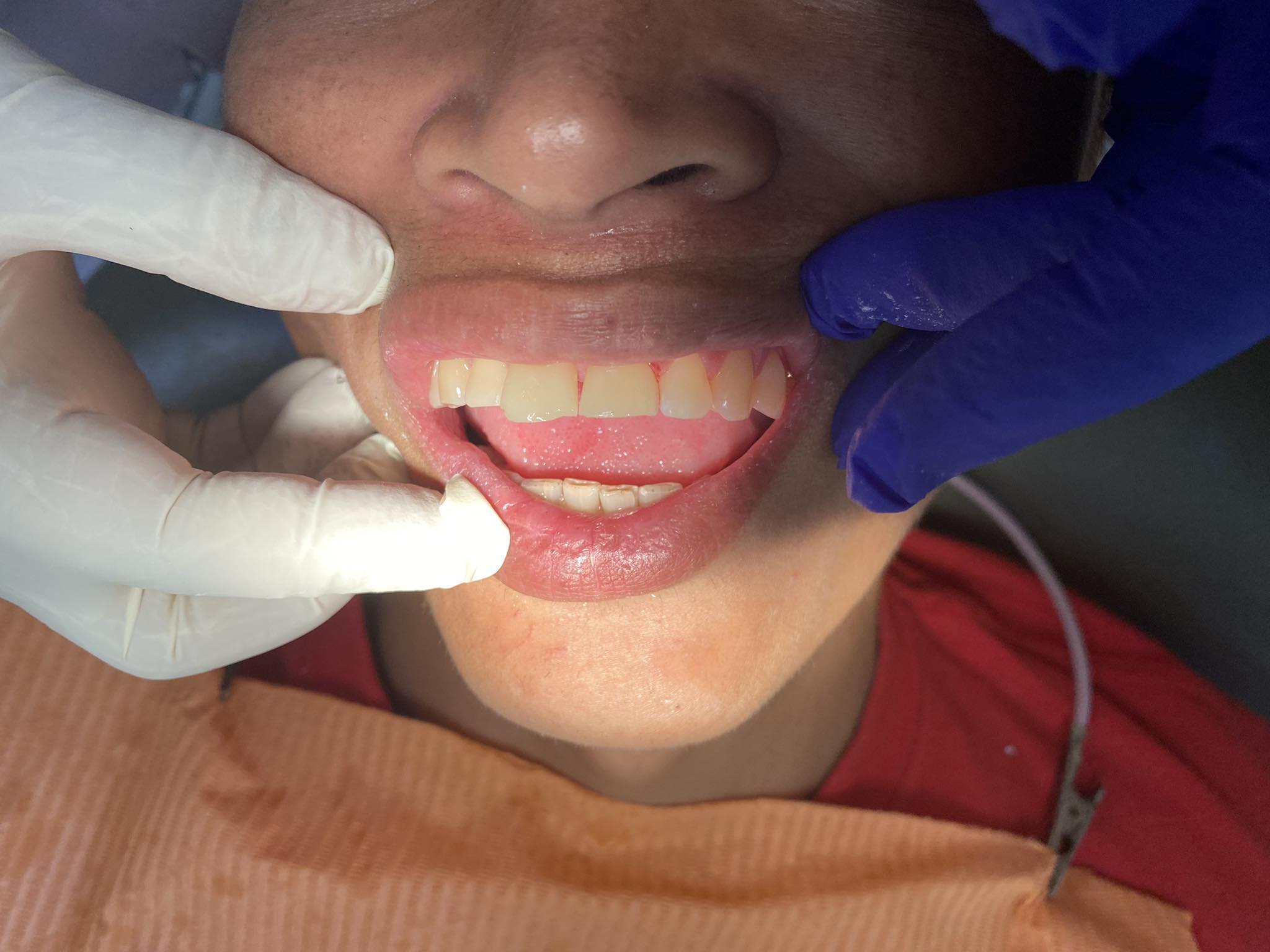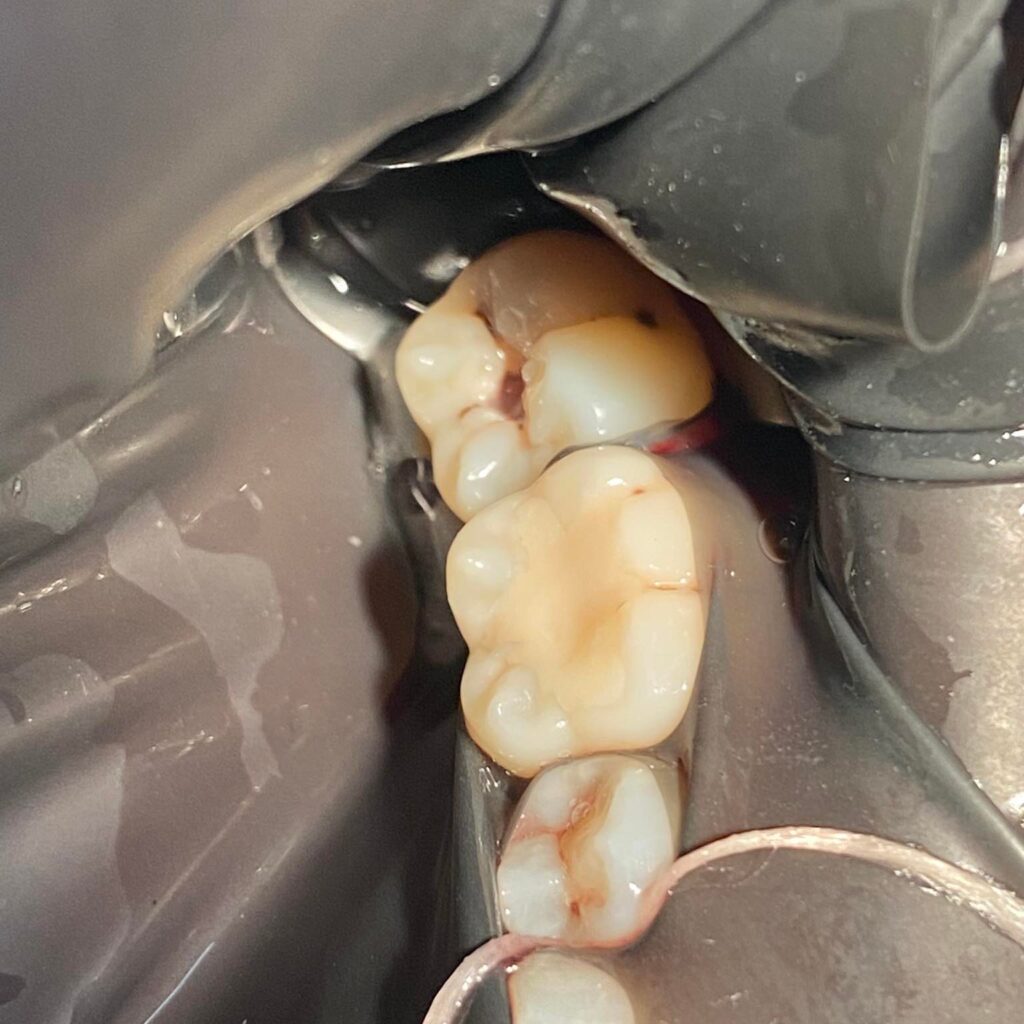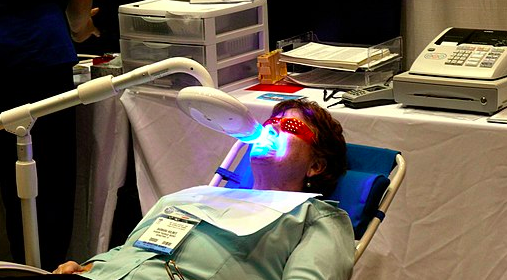Have you seen those perfect and pearly white teeth on beauty queens, celebrities, and almost every influencer on social media? Dental veneers can give you that picture-perfect smile you’ve been dreaming of. However, veneers are not only for aesthetics but also indicated for chipped, stained, discolored, or irregularly shaped teeth.
Your dental provider can best assess whether veneers are suitable for you but here are some points you might want to consider.
What you should know about Dental Veneers
According to the American Dental Association, veneers are thin porcelain or composite resin coverings that are cemented to the front surface of a tooth. These coverings can hide any stains, discolorations, and surface irregularities and improve the tooth shape and contour. Veneers are becoming even more common nowadays due to the development of other materials that are economical and techniques that make the procedure more conservative and less expensive.
First Appointment for Dental Veneers
On your first appointment, your dentist will assess if veneers can be a suitable option for you and will discuss how it is done its risks, and its benefits. The overall treatment may include at least 2 to 3 visits to your dentist.
Veneers require dentists to reshape your tooth by reducing a portion of it to provide space for the coverings that will be added to the surface of the tooth. After reshaping it, a copy or impression of your teeth will be taken and it will be sent to the laboratory where the veneers are fabricated. This can take around three days to a week depending on the laboratory. Temporary veneers can be placed to hide the reductions done.
Second Appointment for Dental Veneers
On your next appointment, your dentist will check the fit and shade and will do the necessary adjustments to produce esthetic, biological, and mechanically sound restorations. If the fit and shade are satisfactory to both patient and the dentist, the permanent veneers will be cemented. Veneers mustn’t be over-contoured to avoid causing injury to periodontal tissues.
Types of Dental Veneers
Two common types of veneers depend on the material used: Porcelain and Composite Veneers.
Porcelain Veneers

Porcelain Veneers require more tooth reduction to make space available for porcelain. Porcelain needs bulk to have sufficient strength. Porcelain is also used for crowns and fixed partial prostheses.
Composite Veneers

On the other hand, composite is made up of synthetic resin and glass and is used for routine cavity restorations. This will not require much tooth reduction since it relies on micromechanical adhesion. After your dentist removes some tooth structure, a composite is placed on the surface to produce the proper contour and anatomy.
Both materials are esthetic and can be made natural looking but differ in that composite veneers can be easily stained more and have a shorter lifespan than porcelain. Composite veneers can be repaired by adding composite if suddenly a portion of it becomes chipped.
This is not the same for porcelain veneers since it has to be replaced entirely if the veneers get damaged.
Benefits of Dental Veneers
Getting veneers can be beneficial to improve your smile especially if you have teeth that have the following conditions:
- Discolored teeth from previous root canal procedures or from drinking too many acidic beverages such as coffee or tea
- Chipped teeth
- If you have gaps in between teeth
- Small to moderate carious lesions or cavity
Although keep in mind that veneers cannot address orthodontic problems such as misaligned and malpositioned teeth.
Veneers can hide discolorations, stains and can whiten your teeth. These can correct chipped teeth and restore anatomical tooth contours.
How much do dental veneers cost in the Philippines?
In terms of cost, Composite Veneers are cheaper than Porcelain ones because of the laboratory fees needed for the latter. Just to give a brief estimate, composite veneers cost around 8,0000 PHP to 10,000 PHP while Porcelain it’s around 15,000 PHP to 20,0000 PHP per tooth.
How long do dental veneers last?
Even with high-quality materials, veneers will require replacement and it usually depends on the material being used. Porcelain veneers can last up to an average of 10 years while Composite veneers can last up to around 5 to 7 years.
Veneers can chip or break and it can still l get stains and discolorations. Your other natural teeth may also not match your veneers over time. When these conditions occur, it’s usually time to get your veneers replaced. Keep in mind as well that veneers cannot protect your teeth from decay. Maintaining good oral hygiene is very important for these restorations to last as long as they should.
Are dental veneers good or bad for teeth?
One thing to keep in mind when it comes to veneers is that it’s permanent and the procedure is irreversible. Your teeth are made of Enamel and Dentin and it will be irreplaceable once tooth reduction is done. This is one of the main reasons why people sometimes think twice before getting veneers. Your natural teeth without the coverings will be smaller and will have spaces in between.
There are also recent developments now, such as No prep veneers which do not require any tooth reduction. It is made up of very thin materials that can fit seamlessly over the tooth surface. Although it is conservative, it can pose an issue regarding gum or periodontal health if the veneers are too bulky and over-contoured.
There might also be a possibility of developing sensitivity, especially when drinking cold beverages. This sensitivity might be transient only and can be managed accordingly. This occurs because there is mechanical drilling when shaving down enamel and the heat generated from it might be traumatic to the pulp which is the nerve tissue.
Conclusion
A sit down with your dentist is very crucial to determine whether veneers can be an option for you. Veneers can be beneficial and invasive at the same time since it requires reshaping and removing sound tooth structure which will be replaced with composite or ceramic.
Ultimately, the decision is entirely yours. If you want your smile makeover, go ahead. Just remember that getting veneers is a commitment. There’s no going back!




